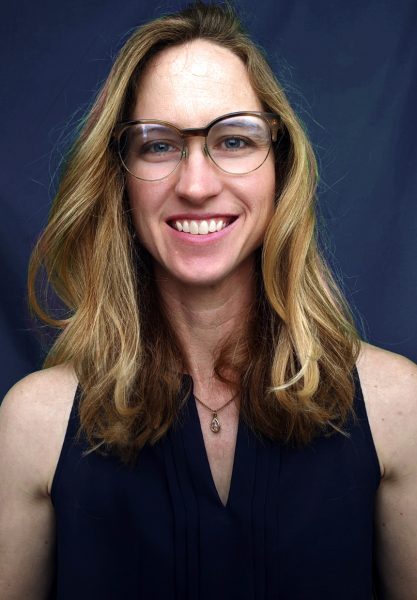 Dr. Jess Rushing is a Fellow of the National Institute of Infant and Child Medical Music Therapy and is currently the chair of the American Congress of Rehabilitation Medicine (ACRM) Arts and Neuroscience Networking Group. She has worked clinically with all ages, from premature infants to end-of-life, with considerable experience in medical, private practice, and mental health. Dr. Rushing’s research interests include music therapy in acute post-stroke care, music therapy supervision, and community engagement.
Dr. Jess Rushing is a Fellow of the National Institute of Infant and Child Medical Music Therapy and is currently the chair of the American Congress of Rehabilitation Medicine (ACRM) Arts and Neuroscience Networking Group. She has worked clinically with all ages, from premature infants to end-of-life, with considerable experience in medical, private practice, and mental health. Dr. Rushing’s research interests include music therapy in acute post-stroke care, music therapy supervision, and community engagement.
Small Business Innovation Research Grant
Dr. Rushing was recently awarded a Small Business Innovation Research Grant through the National Institute of Aging at the National Institute of Health. The grant was awarded for a “Digital therapeutic virtual reality tool to mitigate the effects of Alzheimer’s Disease (AD) and Alzheimer’s Disease Related Dementias (ADRD),” titled “Exploring the Usability and Feasibility of Virtual Reality Sing-Along Program: VRSingTogether.”
The solicitation can be read here: PAS-19-316: Advancing Research on Alzheimer’s Disease (AD) and Alzheimer’s-Disease-Related Dementias (ADRD) (R43/R44 Clinical Trial Optional) (nih.gov)
The study will explore the factors that are deemed important to healthcare experts in MCI (mild cognitive impairment), age-related MCI patients, and their non-MCI study partners when using a virtual reality sing-along program. “Our project (VRSingTogether) is unique in its combination of the promising strategies of music therapy and gaming to provide a connection between individuals in a multimodally integrated, immersive social environment that fosters social engagement in senior populations,” said Rushing.
The project proposal includes testing a VRSingTogether prototype and providing insight and guidance on developing a music and movement-based experience for older adults with and without mild cognitive impairments.
Dr. Rushing was honored to collaborate on the project. Rushing said, “I have a lot of respect for Richard Hoagland of VRTogether and Dima Strakovsky, as well as the rest of the team, who invited me to collaborate and are dedicated to improving the quality of life for older adults by using their unique skill sets.” Her role in the development and design of VRSingTogether is to ensure it meets with music therapy principles and to aid in the dissemination of the data. She will additionally assist in the development of the semi-structured interview questions for the focus group, individuals with age-related mild cognitive impairment, and MCI individual’s caregivers.
“I believe that music is a health resource, whether that means interacting directly with a board-certified music therapist or innovators, maximizing what we know to integrate health resources with technology advances,” said Rushing. “Technology will continue to advance no matter who is at the table, but if we can work more together from the inception and feasibility phases, imagine how much more we could do with final products. We cannot know what is possible in technology and live music delivery/collaborations in networked spaces, unless we try!”

